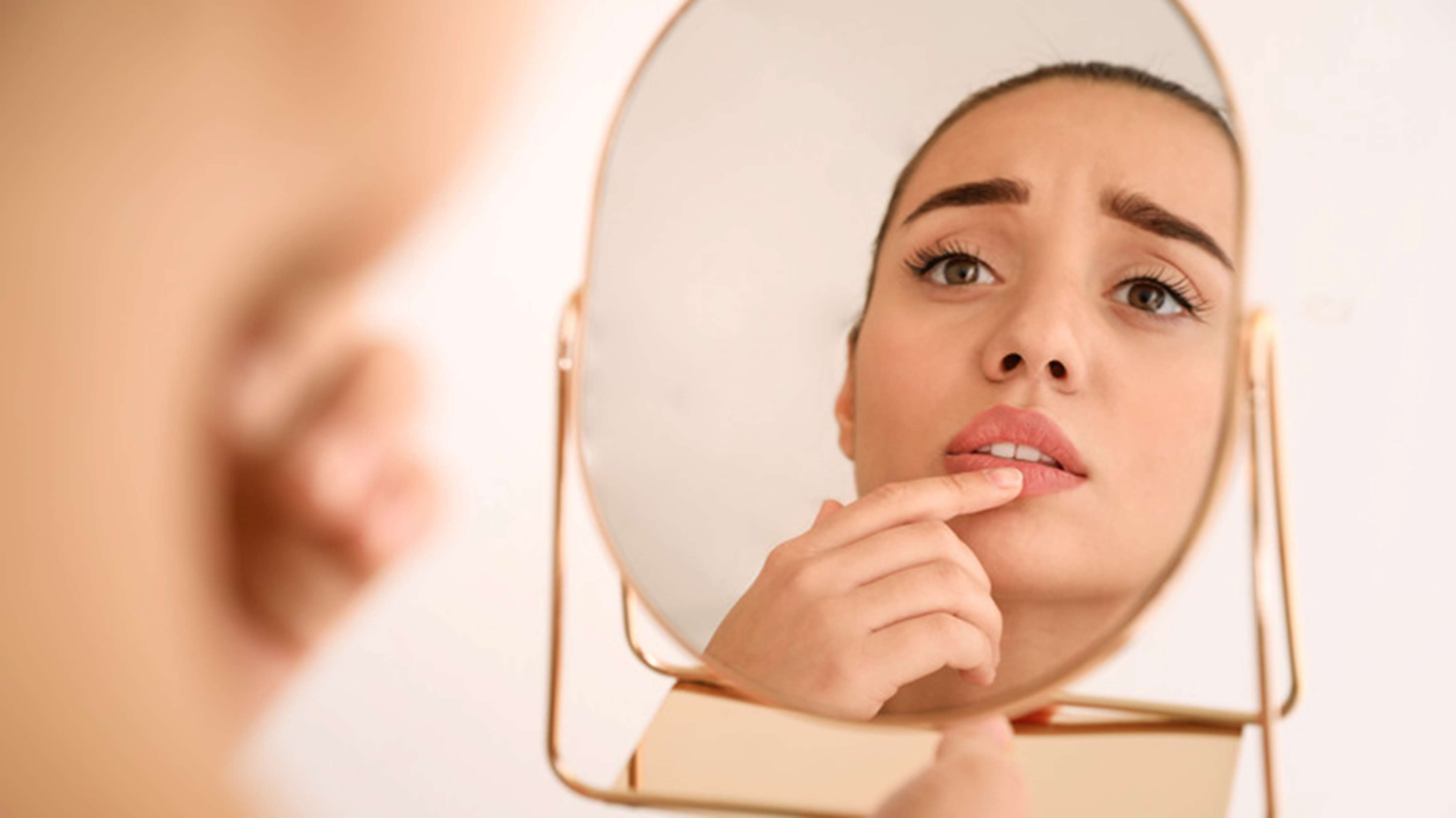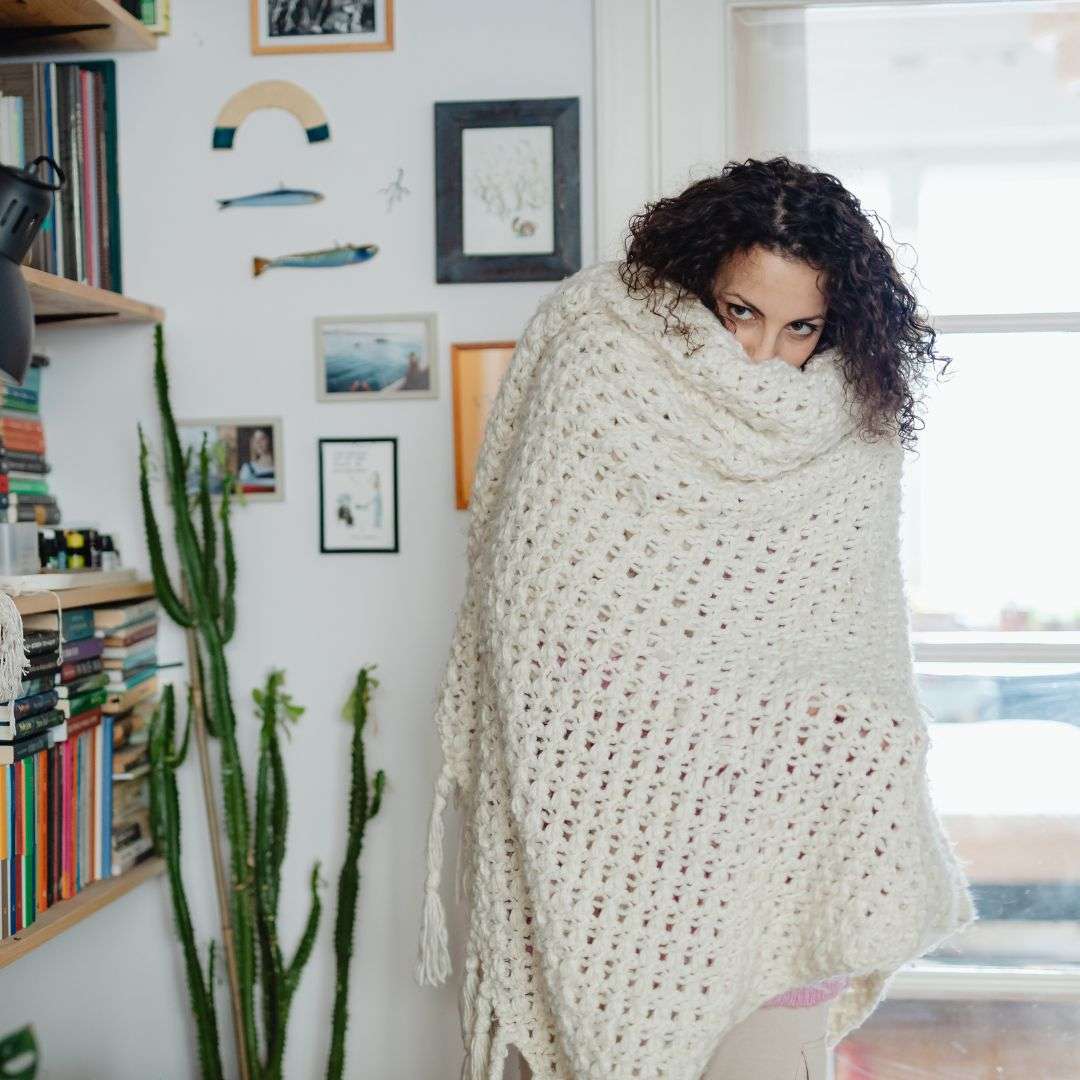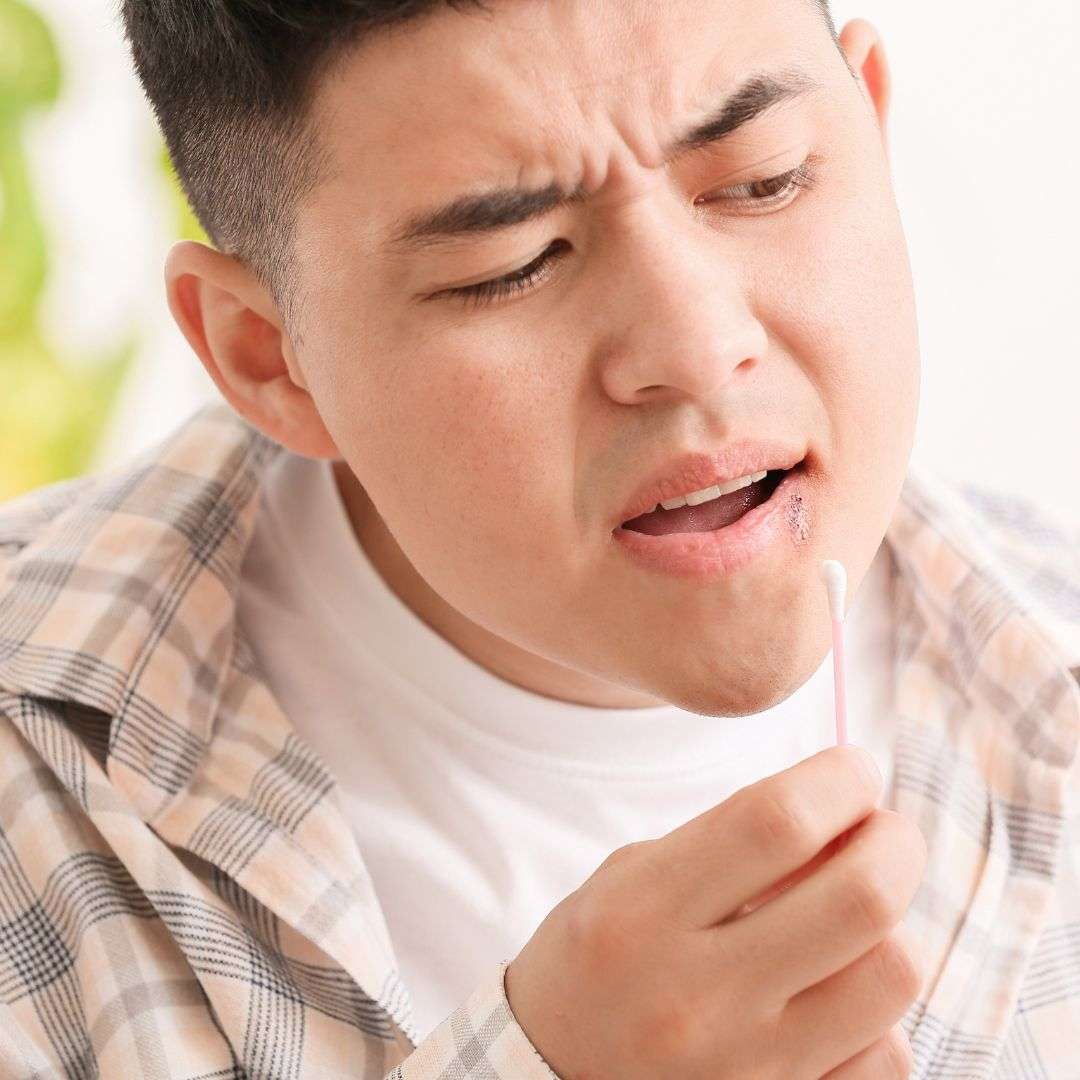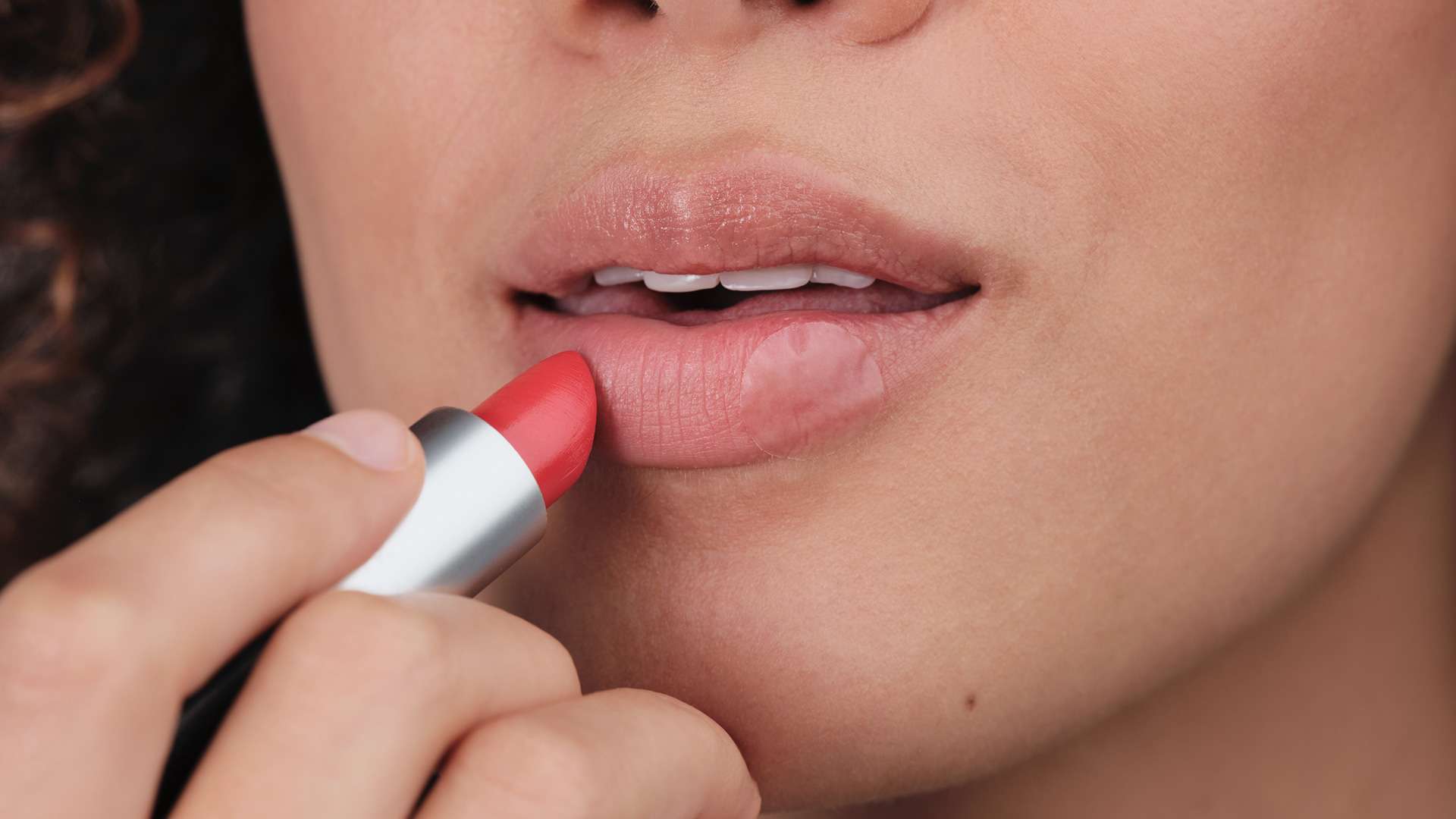Cold sore Causes and Prevention
Cold sores are contagious from the initial symptoms to when fully healed. From days 1-2, cold sore blisters are full of the virus which spreads through saliva, skin-to-skin contact, or by touching an object contaminated by someone infected with the virus.
Learn how to prevent a cold sore
Wash your hands
Always wash your hands before and after touching the cold sore lesion.
Recognise your triggers
Knowing and recognising your triggers is a huge asset in managing outbreaks. To do this, it can be helpful to keep a journal where you record your stress level, the events that mark your daily life, what you eat, how you sleep.
Take Action
As soon as you feel a Cold Sore Forming immediatley apply a Compeed® Cold Sore Discreet Healing Patches to help prevent cold sores worsening, and to promote fast healing.
Learn more about Cold Sore causes, prevention and treatment

You’ve been planning for weeks – a wedding, a big presentation, a date, or a holiday, and then it happens. You wake up and feel that familiar tingle. A cold sore right before your big day always seems to have the worst timing.

Cold sores—they’re those annoying little blisters that tend to show up around your lips just when you least want them. Caused by the herpes simplex virus (HSV-1), cold sores are very common and highly contagious.

Cold sores can be unpleasant, painful and a real nuisance, especially if you are a regular sufferer. That ominous tingle around the mouth is generally a sure-fire sign that you’re in for an uncomfortable few weeks. While there are some good treatments to help reduce the impact of a cold sore, when it comes to cold sores, the old saying that prevention is better than cure applies.

Whether you’re going on a winter getaway or staying put in the cosiness of your home, there are some essential items that can help make the cold and dark weather more bearable – and dare we say, enjoyable!

It’s hard to predict the future, but usually around this time of year, the mercury starts dropping and the Met Office start warning of frosty mornings, potential snow and hazardous driving conditions.

It’s that time of year again: festive commercials take over the TV, there’s a sudden urge to watch Elf on Netflix, mulled wine becomes your drink of choice, quaint market stalls pop-up on the high street and everywhere is dazzled by twinkling fairy lights.

Mental health issues can affect people in all sorts of ways, so it’s important to look after both ourselves and each other. Throughout the winter months, approximately 2 million people in the UK will experience seasonal affective disorder (SAD).

Oh, cold sores. Despite their annoyance, they’re part and parcel of life. Or, at least for an estimated 67% of the global population. For something so common though, they are plagued with misconceptions – from how they originate and their level of contagiousness, to treatment options and more.

Did you know that your skin has different needs depending on the season? As warm summer nights make way for shorter, chillier days, the drop in humidity can lead to drier air – and drier skin. Don’t despair, because a few small tweaks to your routine can help keep your skin soft, supple and smooth.

Did you know that two-thirds of people under the age of 50 years are infected with the herpes simplex virus type 1 (the virus that causes cold sores)? Cold sores are very common, but that doesn’t mean it’s fun to have one. Not only can cold sores feel physically uncomfortable, but some people may also feel burdened by social embarrassment during an outbreak.

When we’re feeling stressed, our immune system weakens, which makes it all the easier for a dormant cold sore virus to rear its ugly head. So it stands to reason that keeping your stress levels in check can be a good way to decrease your chances of getting a cold sore.

Once you get the herpes simplex virus 1, it cannot be cured but it can be managed. And you can help prevent the reactivation of the cold sore virus by identifying your triggers. Most people who are infected with the virus have no symptoms until some external factor wakes up the infection.
FAQ
Got questions? We’ve got you covered!
Cold sores are caused by the herpes simplex virus. Cold sore outbreaks, where a cold sore blister appears on the skin, are often triggered by temperature changes (for example, hot or cold weather). Additionally, stress and anxiety, amongst others, can also trigger a cold sore.
Cold sores generally heal in 7 - 12 days. Always consult a doctor or pharmacist if the cold sore does not heal or if it appears to get worse.
Cold sore recurrences are very common. The virus stays in the ganglia in an inactive, or latent, form. During this time, the virus does not replicate. It stays in this latent form for varying amounts of time. Certain triggers may cause the virus to travel down the nerve to the skin and cause symptoms to reappear. This is known as a recurrence.
Even with a normal immune system, recurrences can happen. Sometimes the recurrence occurs spontaneously. However, the following are known triggers that can stimulate a recurrence: physical stress, persistent stressors, anxiety, fever, exposure to ultraviolet light, sun exposure, nerve damage, tissue damage, a suppressed immune system, heat, cold, menstruation, other infections, fatigue, or hormonal changes.
Cold sores are painful blisters on the face, primarily around the lips, caused by the Herpes Simplex Virus (HSV). While there are different variations of the herpes virus, the most common are Herpes Simplex Virus 1 (HSV-1) and Herpes Simplex Virus 2 (HSV-2), with HSV-1 being considerably more prevalent than HSV-2. HSV-1 usually causes cold sores, while HSV-2 most commonly causes genital herpes.
Though cold sore outbreaks can't be prevented, the following may minimize spread of cold sores and reduce the frequency of outbreaks:
Always wash your hands before and after touching the cold sore lesion.
Avoid kissing, sharing drinks and lip products until the sore has healed.
If you know the triggers for your cold sore, try to minimize your exposure. For example, you can apply lip balms with SPF if your cold sores are triggered by extreme weather.
It is not possible to avoid infection of the Cold Sore Virus or to completely avoid future outbreaks.
